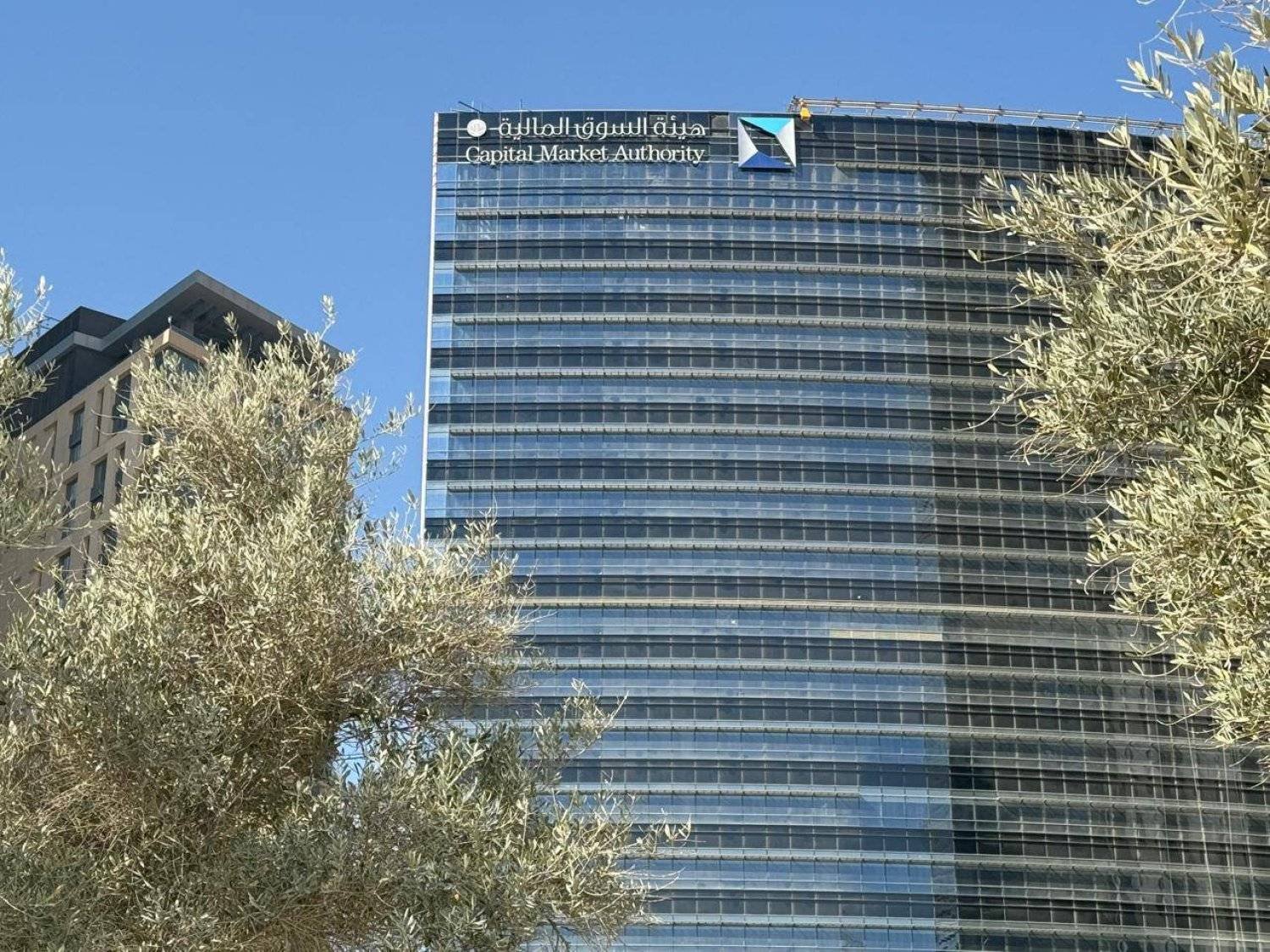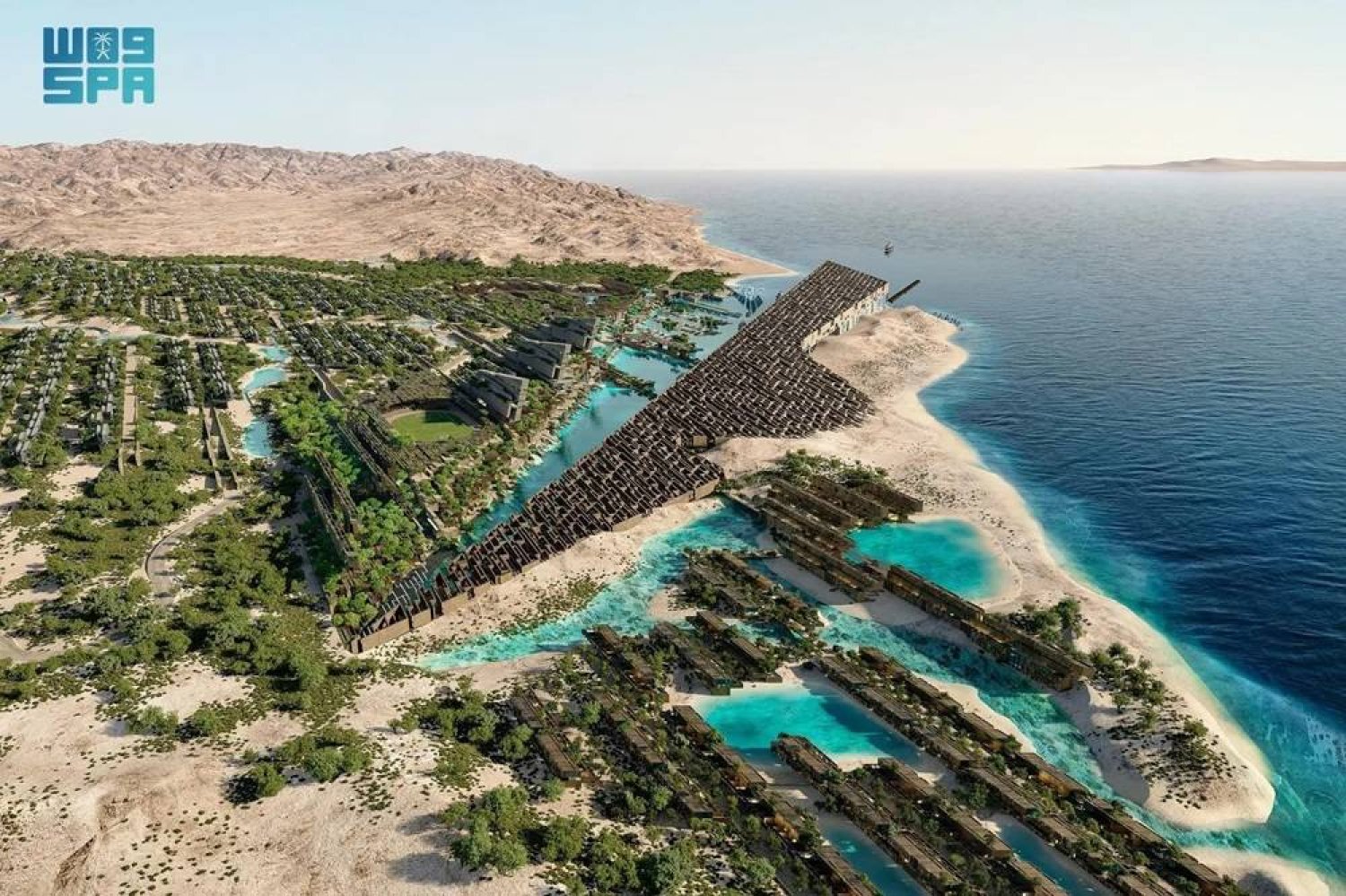Peter Munk, the Canadian immigrant who founded Barrick Gold Corp. in the early 1980s and transformed it from a small-scale operation into a global empire, has died. He was 90.
He died Wednesday in Toronto, according to a company statement. No cause was given.
A serial entrepreneur, Munk’s ventures ranged from high-end electronics to real estate. But it was as founder of Toronto-based Barrick, the world’s largest gold producer, that he amassed most of his wealth, the bulk of which he pledged would go to charities after his death.
“He was a unique fellow, probably the most unforgettable guy I knew,” former Canadian Prime Minister Brian Mulroney said Wednesday by phone. “He was a genuine leader; a visionary who built great companies and then, at the height of his wealth and authority, proceeded to distribute most of it.”
Born in Budapest on Nov. 8, 1927, to Lajos Munk and Katharina Adler, Munk fled Nazi-occupied Hungary in 1944 with his father’s family. His mother, who left the marriage when Peter was 4 and had survived the Auschwitz concentration camp, committed suicide in 1988.
Odd Jobs
In 1948, Munk’s father sent him from an internment camp in Switzerland to live in Canada with an uncle. In a 1998 interview, Peter Munk said he initially dreaded the move. “But I was determined to succeed,” Munk said. “I probably had enough misguided self-confidence to think I could do it in Canada even though I couldn’t speak the language and didn’t have any contacts.”
Munk would later describe his first years in Canada as a kind of love affair. After the deprivation of postwar Europe, food was abundant and friends welcomed him into their homes with open fridges. He worked a series of odd jobs -- selling Christmas trees, harvesting tobacco, clearing bush -- and graduated from the University of Toronto with a degree in electrical engineering in 1952.
‘Half Full’
Munk’s account of his childhood and early years in Canada reflected an optimism that remained throughout his life, according to his daughter, Nina Munk, a New York-based journalist. “For my father, the glass is always half full,” she said in a July 2017 interview.
It was a quality that would be tested by the shifts in fortune that are the hallmark of an entrepreneur’s life. Nina was born in 1967, the year Munk’s first business, Clairtone Sound Corp., collapsed. Her father remembered it as “the worst year of his life,” according to her 2008 book about the venture, “The Art of Clairtone.”
For almost a decade Clairtone’s mid-century Danish-inspired stereos were purchased by celebrities such as Frank Sinatra, Hugh Hefner and jazz musician Oscar Peterson. But cost overruns, a too-early foray into color television and an ill-fated shift of operations to Nova Scotia contributed to steep losses in the late 1960s. Munk was ejected from management in 1968 and later sued for insider trading. His first big success was also his most humiliating failure.
Living Well
At the same time, his first marriage, to Linda Gutterson, fell apart. In 1969 she moved to Switzerland with Nina and her older brother, Anthony. Munk would later tell Nina he spent more money on Anthony’s school tuition than he earned that year. In fact, Munk’s lifestyle changed little over the years: regardless of how business was doing, he always wore bespoke Italian suits, monogrammed Charvet shirts and Borsalino hats, Nina recalled, while priding himself on avoiding the decadence of the mega-rich.
“We always lived well,” Nina said. “To my father, deals that went south, share prices that collapsed, companies that went bust were merely blips on the path to success. He never doubted he would make it all back, and then some. So why engage in belt-tightening?”
In 1970, Munk decamped to London where he and business partner David Gilmour started their next venture, developing a 7,000-acre resort in Fiji and 50 hotels throughout the Pacific Basin.
‘Snotty Guys’
The audacity of the venture, coming on the heels of the Clairtone failure, suggests more than optimism was at play. Canadian author Peter C. Newman wrote there were three great motivators in Munk’s life: restitution, redemption and revenge. “It was about giving the finger to all those snotty guys from Upper Canada College and Harvard’s business school who never waved goodbye as he departed for his exile in the South Pacific after the Clairtone fiasco,” according to Newman’s 2014 article in Maclean’s, a Canadian publication.
In 1979, Munk returned to Canada and in 1981 he sold Southern Pacific Properties, walking away with about $100 million. A year earlier he had started Barrick Petroleum, an oil and gas exploration company, but soon shifted to gold. Renamed Barrick Resources, the company went public on the Toronto Stock Exchange in 1983. Three years later, Munk purchased a small Nevada gold mine called Goldstrike for $62 million. The company’s geologists discovered new gold deposits at the site, which became one of the world’s richest gold mines.
Bre-X Hoax
Munk’s other deals included amassing a 43 percent stake in Trizec Corp. in 1994 as the real-estate developer sought protection from debt holders. In 2006 Brookfield Properties Corp. and buyout firm Blackstone Group LP acquired the firm for $8.9 billion. In 2007, he bought a former Soviet-era naval base in Montenegro, transforming it into a five-star resort and yacht marina on the Adriatic.
Occasionally, his best deals were the ones that got away. In 1997, Barrick lost a bid for control of Bre-X Minerals Ltd. and its Busand gold deposit in Indonesia. Bre-X soared to a market value of C$6 billion ($4.6 billion) before declaring bankruptcy after claims of huge reserves in Indonesia were found to be a hoax.
Unscathed, Barrick expanded during a decade-long upturn in gold prices, becoming the world’s biggest producer with the acquisition of Placer Dome Inc. in 2006 for about $10 billion, including debt, a record in the industry.
‘The Biggest’
“The ultimate goal is to be the biggest,” Munk said at a May 2011 Bloomberg summit. “Why wouldn’t it be? Why would you be happy with halfway?”
Combining Barrick with rival Newmont Mining Corp. would have secured that goal; the latest talks failed in 2014, the same year Munk stepped down as Barrick’s chairman at age 86. Today, Barrick maintains only a slim lead on Newmont in terms of production and the latter’s market capitalization is higher than Barrick’s.
Upon retiring in 2014 at age 86, Munk handed control to John Thornton and vowed to remain involved in the company. “You can take maybe Munk out of Barrick, you cannot take Barrick out of Munk,” he said at an annual shareholders meeting.
A foundation established with his second wife, Melanie Bosanquet, whom he married in 1973, serves a vehicle for the bulk of his philanthropy. Donations, encompassing personal ones by Munk, include more than $175 million to the Peter Munk Cardiac Centre and the University Health Network where it is housed; about $40 million to the University of Toronto’s Munk School of Global Affairs; and $43 million to the Technion-Israel Institute of Technology.
Munk had five children: Anthony, Nina, Marc-David, Natalie and Cheyne. Linda Gutterson died in 2013.
Bloomberg
















